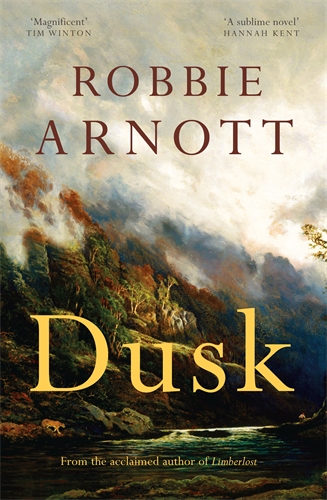Inga Clendinnen: An Appreciation by Jay Winter
Inga Clendinnen, who died in Melbourne on 8 September 2016, was an historian whose primary research interest was the exploration of the social conditions of extreme violence in different periods and societies. She was born Inga Vivienne Jewell, the youngest of four children, in Geelong in 1934. Her father had a cabinet and furniture workshop, the income of which he shared with his workers during hard times. The family lived on a precarious footing, with frugality built into Inga’s early life.
Inga’s parents, she later recalled, were not happy together. They lived troubled lives. Her mother was reclusive, and was confined by household chores. To Inga, her mother’s domestic prison was partly a reflection of necessity, and partly a choice. That choice puzzled and then angered young Inga, who was determined not to accept a similar fate. Perhaps as formative were her father’s silences about the horrors of war. He had fought on the Ypres front, and harboured memories of losing a mate while driving an ambulance wagon. These images of horror surfaced intermittently until the last days of his life. The Jewells took in as lodgers American servicemen on leave during World War II, and Inga knew the wrenching feeling of hearing that one of them had later been killed and another blinded. The two world wars and their violence were palpable parts of her early life.
Inga read English and history at Melbourne, and earned a first-class degree in 1955. The wise tutelage of Max Crawford and the young Ken Inglis helped her to choose history as a profession. One particular lecture by Inglis on Melanchthon and Erasmus lifted a mist in which she was wandering. When she thanked Inglis for his help in enabling her to see through the fog, he left the room blushing from this compliment from a young woman considered by some to be the most beautiful student of her generation.
Continue reading for only $10 per month. Subscribe and gain full access to Australian Book Review. Already a subscriber? Sign in. If you need assistance, feel free to contact us.




.png)





Leave a comment
If you are an ABR subscriber, you will need to sign in to post a comment.
If you have forgotten your sign in details, or if you receive an error message when trying to submit your comment, please email your comment (and the name of the article to which it relates) to ABR Comments. We will review your comment and, subject to approval, we will post it under your name.
Please note that all comments must be approved by ABR and comply with our Terms & Conditions.